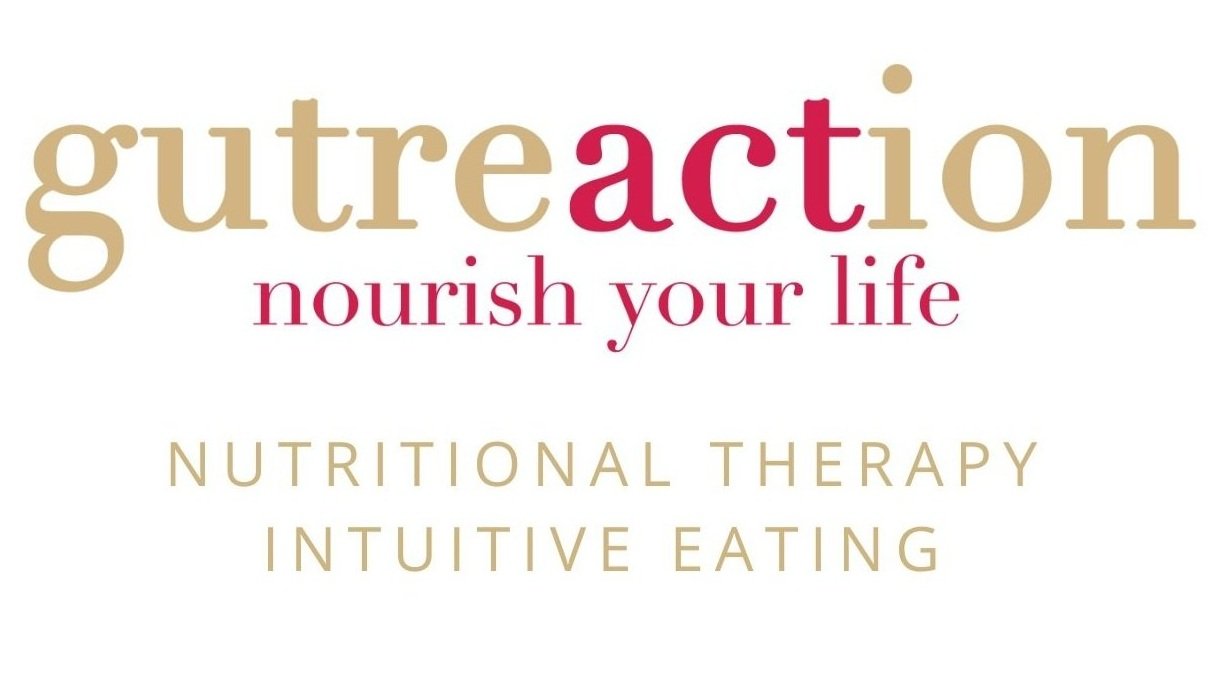Autumn Self-Care: Nurturing The Gut-Immune Connection
As we step into the autumn, there's a renewed emphasis on nurturing our immune systems. Naturally in the cooler months, the body is trying to keep itself warm, whilst protecting itself from any pesky germs.
One aspect of immune health that can go overlooked is the connection between our gastrointestinal system and our immune system. In this blog, I explore the science behind the gut-immune connection and share some seasonal insights and ideas to help you enhance your transition through the cooler months.
What is the Gut-Immune Connection?
Your gut, often referred to as your ‘second brain’, is a complex ecosystem teeming with trillions of microorganisms. This microbial community, known as the gut microbiome, interacts with your immune system and plays a role in shaping its health. Here are some of the ways this works:
Gut Barrier Function: The lining of your gut acts as a barrier that prevents any harmful substances and pathogens from entering your bloodstream. A healthy gut lining is crucial for maintaining this barrier and preventing the immune system from going into overdrive.
Immune Cells in the Gut: A significant portion of your body's immune cells resides in the gut-associated lymphoid tissue (GALT). These cells constantly communicate with the gut microbiome, helping to maintain a balanced immune response.
Gut Microbiome: The many bacteria, viruses, and fungi in your gut microbiome also help train your immune cells, modulate inflammation, and even produce certain vitamins and metabolites that support immune function.
8 Seasonal STRATEgIES for a Healthy Gut-Immune System
Your gut microbiome is a lot like a garden - it is thought to flourish when it is well nourished! Here are a few ideas to help you take care of yours, and support your broader immune balance:
As autumn arrives, you may feel yourself naturally gravitating towards cosy and colourful meals. Some ideas are hearty soups, slow-cooked stews with pulses, warm lentil salads, and dishes featuring seasonal favourites such as squashes and artichokes. The fibres in these plants help nourish our gut bugs and, eaten in the evenings, the carbs may help increase serotonin levels helping promote rest and deep sleep.
Many foods are nourishing for the immune system and we know the gut microbiome thrives on a diverse diet, but that some nutrient-rich stand-outs are raw or lightly steamed green vegetables (think cavolo nero, kale, and Brussels sprouts), mushrooms, oily fish, eggs, garlic, ginger, berries and citrus fruit.
You may also wish to experiment with fermented foods such as kombucha, kimchi and sauerkraut to give the probiotic bacteria in your gut a boost. You can buy these pre-prepared, or, if you fancy a therapeutic activity on a rainy Autumn weekend, have a go at making your own.
Replenish your herbal tea collection with warming blends featuring spices like cinnamon, ginger, and turmeric. A number of studies have shown that certain teas rich in polyphenols can promote immune health and fight off inflammation.
Keep an eye on your Vitamin D levels as the days get shorter. Vitamin D plays a significant role in supporting gut health, bolstering the immune system, and helping maintaining the complex gut-immune connection. Regular testing can help ensure you maintain optimal levels of this essential nutrient throughout the darker months in the UK.
If you take natural supplements, or if you don’t!, you may wish to consider some extra support to promote the balance of your immune system and gut health. Do talk to me if you would benefit from personal recommendations.
Our exposure to light and dark is understood to have a profound impact on our wellbeing, helping to regulate our body clock and promote sounder sleep, both of which help enhance physical and mental function, mood, gut function and the immune system. If you can get out into the natural daylight during the Autumn mornings, that’s the ideal way to get light energy into your body towards the start of the day. If you can’t, then try a lunchtime walk, sipping your tea in the garden, or making your work calls outdoors - whatever suits your schedule. Failing that, having a bright light on in your home or on your desk may just help keep your body ticking inline with the natural rhythm of the day.
When it comes to the evenings, try to embrace the darkness by keeping your lighting low in the run up to bed time. Perhaps even light some candles and have a warm bath before bed. These relatively simple things can help you prepare more a sounder, rejuvenating sleep.
Do any of these stand out to you? Which could you embrace this Autumn?
As we make the transition into the cooler months, taking some gentle, nourishing steps to enhance your self-care may simultaneously support your gut-immune connection, as well as your overall resilience, health and vitality.
While my ideas may help provide some inspiration, remember that individual needs vary. If you struggle with your eating habits, self-care or connecting with what your body needs, or if you have concerns about your immune resilience and gut health, you may benefit consulting a nutritional therapy practitioner for personalised support.
Next Steps
Are you feeling out of control around food? Do you have challenges with your energy, gut health or digestion? Are you looking for a fresh approach to nutrition that values your physical and emotional wellbeing?
My personalised support brings together Nutritional Therapy with Intuitive Eating, empowering you to live a healthier life in harmony with food and your body.
If you would you benefit from this type of support, then please check out my private programmes here, or contact me for an exploratory chat to find out more.







